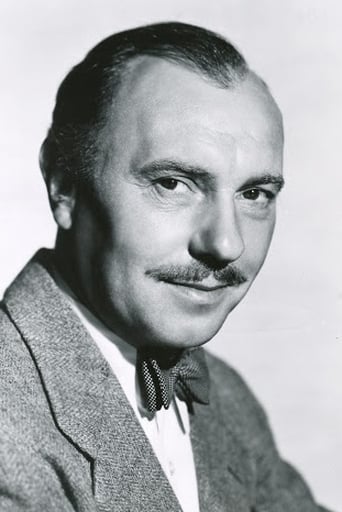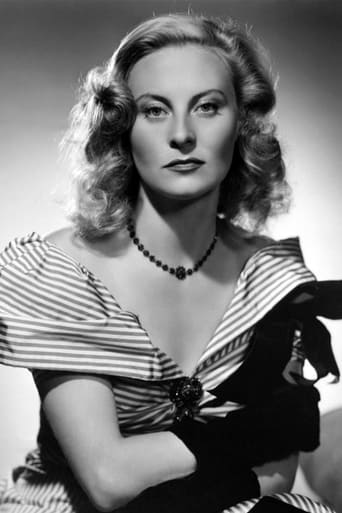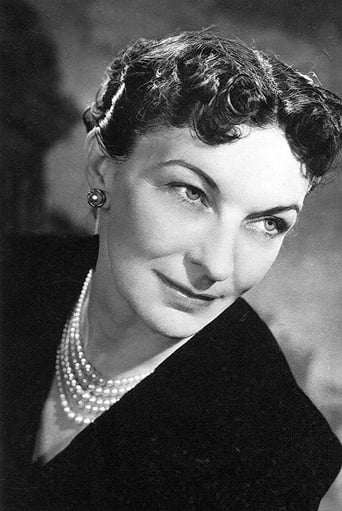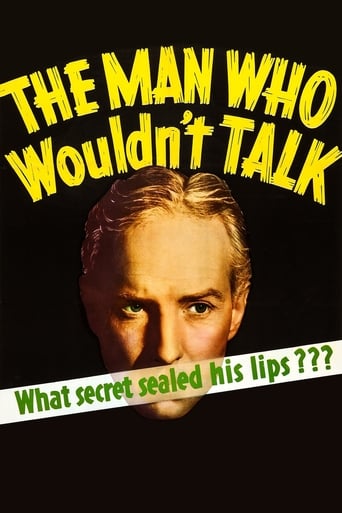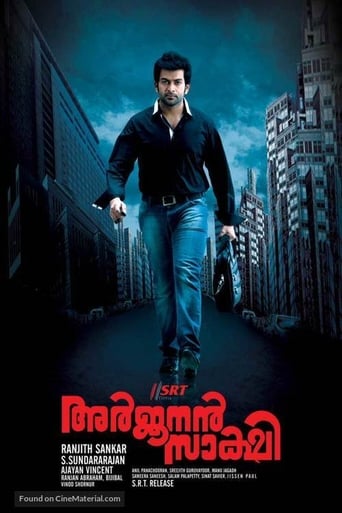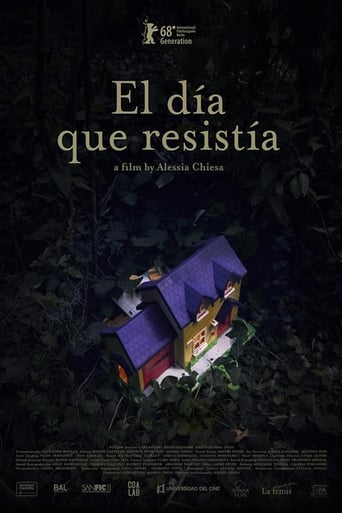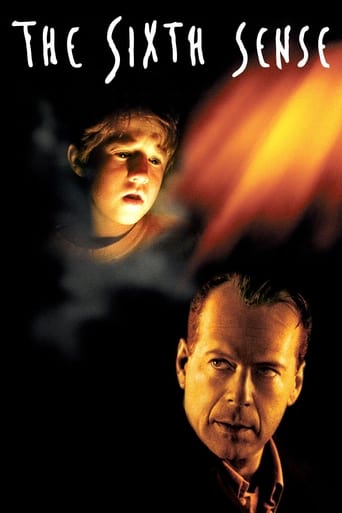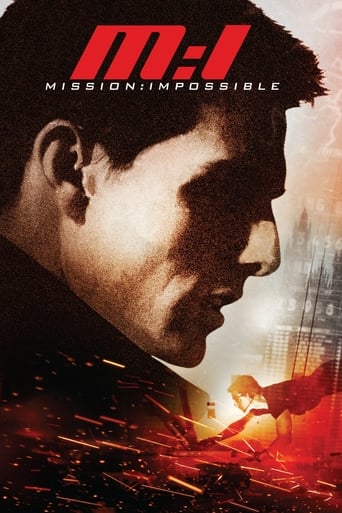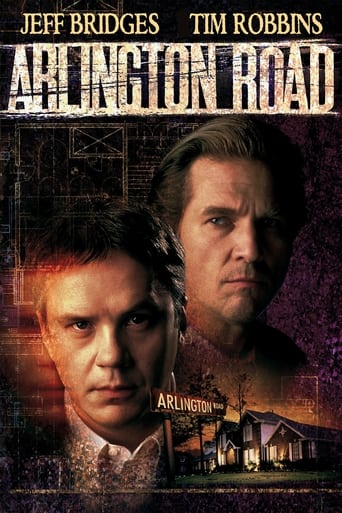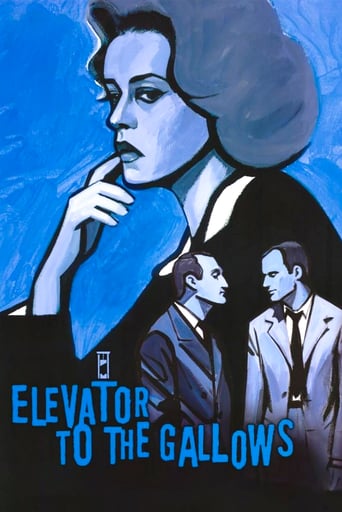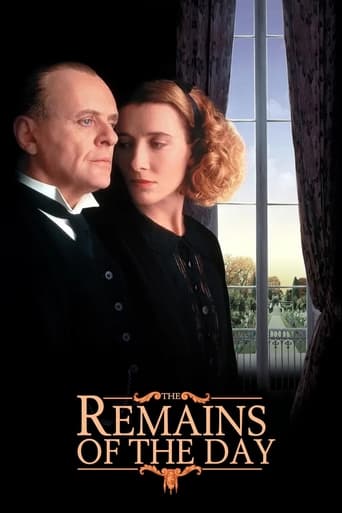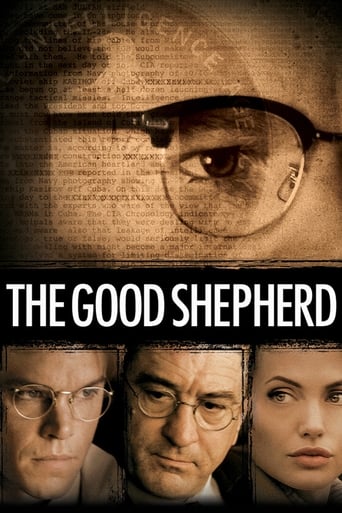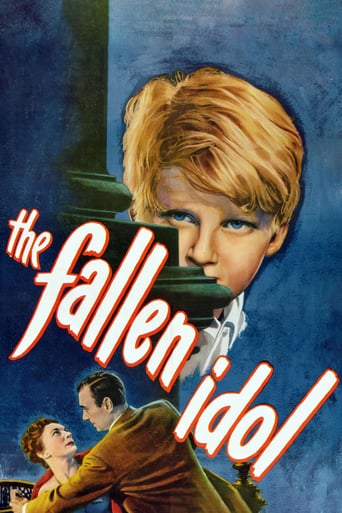
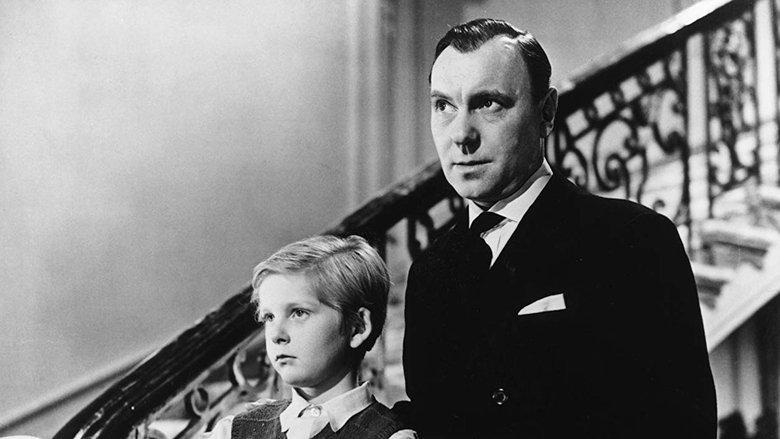
The Fallen Idol (1948)
Phillipe, the son of an ambassador in London, idolizes Baines, his father's butler, a kind of hero in the eyes of the child, whose perception changes when he accidentally discovers the secret that Baines keeps and witnesses the consequences that adults' lies can cause.
Watch Trailer
Cast


Similar titles
Reviews
Highly Overrated But Still Good
Funny, strange, confrontational and subversive, this is one of the most interesting experiences you'll have at the cinema this year.
A story that's too fascinating to pass by...
It's funny, it's tense, it features two great performances from two actors and the director expertly creates a web of odd tension where you actually don't know what is happening for the majority of the run time.
A young boy is the main character of a film with an Adult Certificate given by the British censors!The impressionable boy keeps the viewer wondering how the story will end.Who is the screenplay writer? The novelist Graham Greene. and Greene never lets you down.Director Sir Carol Reed went on to win honors for another boy centered film two decades later---"Oliver!"
This Carol Reed/Graham Greene collaboration is a sort-of warm up to their 1949 classic "The Third Man." Not as well known as the later picture, "The Fallen Idol" is actually a bit more psychologically complex. It's about the frequently necessarily duplicitous world of adults as seen through the eyes of a little boy, unable to understand why it's o.k. to lie sometimes but not others, and who sees the man he looks up to as his father figure (Ralph Richardson's butler Baines) turn out to be so much more flawed and untrustworthy than he had thought. It's even a little bit tragic, even if the tragedy is one that we must all endure at some point in our lives: that transition from the simple answers of childhood to the complicated ambiguities of being an adult.Richardson is superb, as are the two principal females, Michele Morgan as Baines' lover and Sonia Dresdel as his terrifying wife. There's at least one astonishing scene -- that in which Baines, his lover and the little boy play hide and seek in a huge empty house while Mrs. Baines looks on unawares -- even if as a whole the film's style doesn't rival that of "The Third Man." And "The Third Man" is probably the more fun of the two, but if you liked that one, you will probably like this.Grade: A-
I don't wish to duplicate other members synopses of the storyline of this wonderful, classic film, but I would like to say something about the performance of the then eight years old Bobby Henrey as Phillipe and how crucial he was to Carol Reed's realisation of The Fallen Idol. Bobby's parents were writers and he had initially been chosen to star in the film both for his looks when Reed had seen a photograph of him peering out of the window of his London apartment on the dust jacket of one of his parents books and because he was bi-lingual, having spent his early childhood in both France and England and spoke English with a French accent, which was called for in the script. Bobby had never acted before, but Reed, a man of infinite patience where children and child actors were concerned, persevered with him over an incredible shooting schedule of five months (a long time for those days) shooting numerous takes of every scene involving the boy and his dialogue, which paid off handsomely, as he managed to coax out of him the most incredible and natural performance by a child actor ever seen on the screen and certainly not bettered since.No better example of all this can be found than in the scene where Philippe is convinced that Baines, his only friend whom he idolises, is going to be sent to the gallows for a murder he did not commit. At this point, he realises just how much he adores and loves Baines and that he cannot live without him. With all the passion in his heart and soul, Phillipe pleads with the police to listen to him as he finally decides to tell the truth about what happened in the hope that this will save his friend: "Oh, please, you must listen to me! I have something to tell you! Oh, please listen to me! Oh, please! Please listen to me! You have to listen to me! You must listen to me! It will only take a moment and it will put everything right." But the police completely ignore him. This scene is so gut-wrenchingly heart-breaking, that it's almost too upsetting to watch and you become totally involved in it and feel very deeply for this increasingly desperate little boy. It is an incredible performance that is so perfect, it has to be seen to be believed. I cannot recommend this film highly enough. It is one of the finest films ever made in the history of the cinema.
A little boy (Bobby Henry) thinks he saw a murder in "The Fallen Idol," a 1948 film directed by Carol Reed from a Graham Greene screenplay. You really can't get much better than that.Phillipe is the son of the French ambassador to England and his good buddy in the large place where they live is the butler Baines (Ralph Richardson). Baines and his shrew of a wife (Sonia Dresdel) run the place, and the action takes place while both the ambassador and his wife are away. Being an only child, Phillipe has a vivid imagination and is also very attached to Baines, whom he follows one day to a coffee shop. There, Baines is in deep conversation with a woman he introduces as his niece Julie (Michelle Morgan). In actuality, she's his girlfriend, and she and Baines are discussing whether or not he can get a divorce from his wife. When Mrs. Baines leaves to visit her aunt, Julie comes over to the house to spend time with Baines and Phillipe. Just one small problem - Mrs. B knows something is up and is still in the house. When she winds up dead at the bottom of the stairs, Baines falls under suspicion, and Phillipe is afraid Baines killed her.This is a beautifully crafted film about the mind of a child and about secrets and lies. Baines tells Phillipe secrets and lies, Julie tells Phillipe secrets, Mrs. Baines tells Phillipe secrets, Phillipe can't keep a secret, so lies ensue. When the inspector (Jack Hawkins) shows up, it becomes exhausting all around.One of the biggest stars of the film is the camera, which takes us down a London street as a little boy runs in the dark and rain; up a long staircase; through a game of hide and seek with covered furniture; the boy's view of the busy household; and most especially the precious final shot.The magnificent Ralph Richardson portrays the complex Baines perfectly - unhappily married, in love with the beautiful Julie, afraid of his nasty wife, efficient at his job and fond of Phillipe, who is at this point clearly in the way. Michelle Morgan is believable as Julie, a kind young woman - these aren't two nasty, conniving people, just two people in love who don't know whether to go forward or separate. Bobby Henry is an excellent Phillipe. He's not sweet and adorable, but we don't want Mrs. Baines to be mean to him; he blows every secret all to hell and doesn't lie very well; he shows up at inappropriate moments; he makes the wrong assumptions - but we feel for his terror and confusion. If he'd been cute, it would have made Baines and Julie seem more exploitive than they were. It also would have made Mrs. Baines seem even meaner - but she's mean enough.One of the best films to come out of British cinema, and more proof of the greatness of Carol Reed. A must see.


